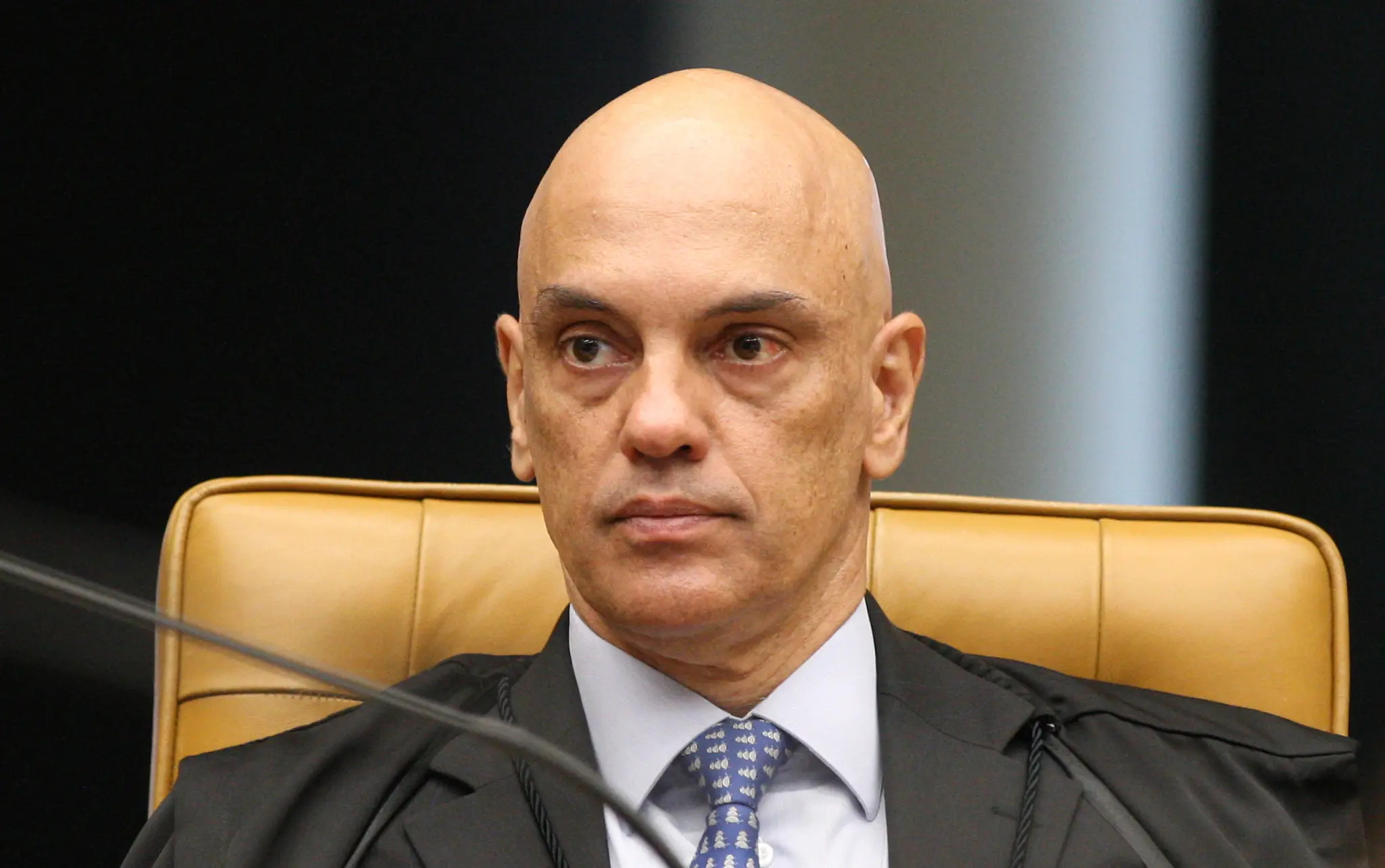STF
Alexandre de Moraes, Minister of the STF / Credit: Nelson Jr./SCO/STF
The Minister of the Federal Supreme Court (STF) Alexandre de Moraes, rapporteur of ARE 843.989, voted this Thursday (4/8) against the retroactivity of the Administrative Improbity Law (Law 14.230/2021) - that is, so that it does not reach cases before its sanction, in October 2021. According to this understanding, politicians and public managers accused of improbity and with processes in progress before the change of the law are not benefited from the legislative changes.
As it is an extraordinary appeal with general repercussions, the decision of the Supreme Court must create a precedent that must be followed by the Judiciary. At least 1147 lawsuits on the subject are suspended throughout Brazil awaiting the Supreme Court's decision. The judgment is of interest to politicians who are looking for a definition of their legal situation, whether to be eligible again this year or because they need to satisfy their voters and not have an accusation of impropriety against them.
Among the politicians who may benefit from the decision are the current president of the Chamber, Arthur Lira (PP-AL), the former governor of the DF, José Roberto Arruda (PL-DF), Anthony Garotinho (União-RJ) and the former mayor of Rio César Maia (PSDB-RJ). In the case of Arruda, for example, if the law retroacts, he can benefit from the intercurrent prescription that came into existence from the new law. Intercurrent prescription occurs when the plaintiff loses the right of action due to his inertia during the process.
Moraes voted against retroactivity in cases of politicians or public officials convicted before the new law. For him, the principle violates the constitutional rules governing public administration. Furthermore, he understood that the State acted legally in judging previous cases, which makes it impossible to change such decisions.
In his vote, the rapporteur minister recalled that Law 14.230/2021 determines that the agent's intent (intention to act) is necessary for the configuration of acts of administrative improbity provided for in article 10, thus ceasing to exist the culpable modality. For him, the withdrawal of the culpable (unintentional) modality of improbity is a legitimate legislative option.
However, the minister understands that the most beneficial rule related to culpable conduct does not retroact for application in the case of final decisions and processes in the execution phase of sentences. About those actions in which there is no final decision, it is not possible to apply the ultra-activity of the revoked rule, and it is up to the judge to analyze in each case whether there is bad faith or eventual willful misconduct. If the judge considers that there was, the action continues. However, there can be no punishment for the wrongful acts (such as inability or unfitness) in the acts of improbity that are already in progress, as it is not possible for a future conviction based on a previously revoked law.
Regarding the new statute of limitations provided for in the law, the minister considered that they cannot retroact in compliance with the principles of legal certainty, access to justice, and protection of the trust. In addition, for the minister, the new deadlines do not apply to actions for compensation arising from an intentional act typified in the Administrative Improbity Law, according to the Court's understanding (Theme 897 of the General Repercussion), which judged these cases to be imprescriptible.
Minister Alexandre de Moraes stressed in his vote that “corruption corrodes the Republic, the very essence of democracy”. “Fighting immorality at the heart of public power is essential because corruption is not the immediate cause, but the mediate cause of countless deaths, lack of resources for security. Corruption is a negative of the constitutional state. (…) Whoever diverts the resources necessary for the effective and efficient provision of services not only erodes the pillars of the rule of law but contaminates the legitimacy of public agents and harms democracy.”
The second and last to vote this Thursday was Minister André Mendonça. He positioned himself in favor of retroactivity in culpable cases (when there is no intention) as he believed that it is appropriate, in this case, to apply the principle of retroactivity of the most beneficial law. That is, the change benefits the accused and should be applied to previous cases.
But, given the constitutional protection of res judicata, the application of the thesis, when applicable, to cases already finalized, will depend on the handling of rescissory action, under the terms of art. 525, §§ 12 to 15 of the CPC/2015.
What the PGR stands for
In turn, it seeks
.

 Mr. Alessandro Jacob speaking about Brazilian Law on "International Bar Association" conference
Mr. Alessandro Jacob speaking about Brazilian Law on "International Bar Association" conference